
There are severals principals which have helped me maintain a disease-free body with a healthy blood pH, better moods, and great digestion. I’ve adopted them from the ancient philosophies of macrobiotics and Ayurveda, and they revolve around the ratio of 80:20. I encourage you to try some of these body-balancing principals, and see if you get any pleasant surprises like your weight finally normalizing, or maybe even some chronic symptoms disappearing for good!
The first 80/20 principal is this; if you’re feeling well and healthy and in balance, let 80% of your diet be whole foods, and the other 20% be an emotionally soothing deviation. Food has strong emotional effects, and also serves as a wonderful social bonding medium. In a stressful time, we may need to just go out to eat or have a sweet treat at a party, for the sake of preserving our sanity. When you do deviate from your whole foods diet, see it as an experience that feeds your soul, not as an unhealthy doing. This is important to remember because the emotions you experience while eating are almost as important as what you’re eating. Just say to yourself, “everything I eat turns to health and beauty”, and if you truly believe it, it’ll be way more likely to be so....I love quantum physics!
The vitality-building bulk of a whole foods diet (the 80%) looks like this: seasonal, regional vegetables as 40-60% of the diet with at least 1 bunch of dark leafy greens per day, low glycemic whole grains like brown rice, millet, amaranth, buckwheat or quinoa, soaked & simmered beans of all kinds, fresh raw nuts & seeds, small amounts of seasonal fruit (avocado has completely replaced my desire for dairy!), moderate amounts of whole sea salts, extra virgin or “unrefined” natural fats & oils, and consciously raised (preferably organic) animal proteins in moderate amounts and raw organic dairy products in moderate amounts when needed for building strength and warmth like during hard physical work, pregnancy, weakness, coldness, deficiency type illnesses, if you’re underweight, or if you have meat-eating ancestry (usually type O blood).
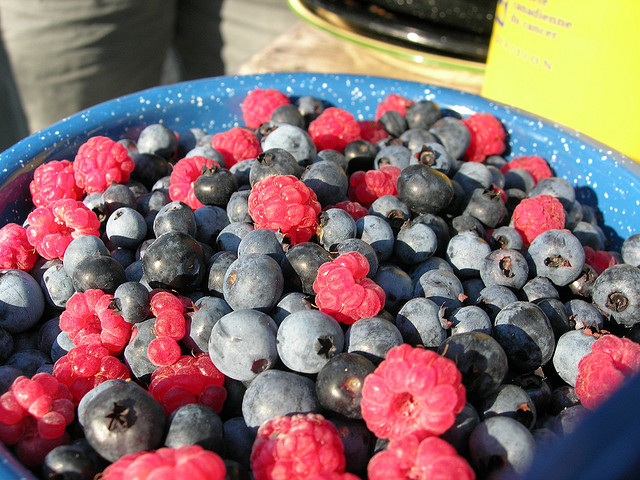
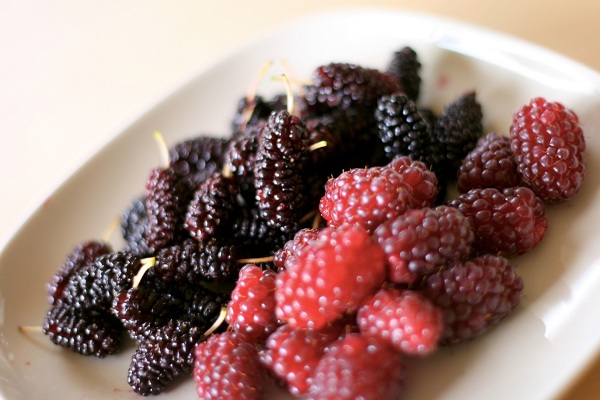
Right in-line with the principal above, is the idea of eating 80% alkaline-forming foods and 20% acid-forming foods to maintain an optimal blood pH. Disease cannot take root in an alkaline environment. So, if you can limit acid-forming foods to less than 20% of the diet (coffee, all forms of sugar, alcohol, meat, refined salt, white flour products, pasteurized dairy, and packaged & restaurant foods in general), you’re on your way to staying disease free! If you’re wondering how to counter balance your morning coffee (or your other regularly-ingested acid-makers), here’s the list of foods foods known to be particularly alkaline-forming; leafy green vegetables and non-starchy vegetables, whole sea salts like Himalayan Pink & Celtic, Ume plum vinegar, raw apple cider vinegar, lemon & lime juice, sea vegetables like dulse and kombu, soaked & simmered whole grains like brown rice, millet, amaranth, buckwheat & quinoa, and certain beans like adzuki, mung, and lentils.
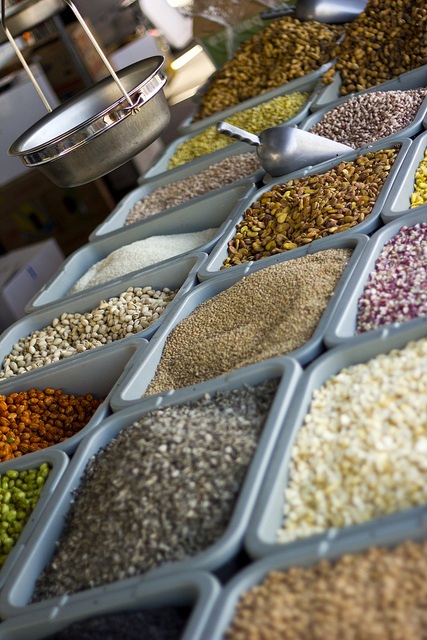
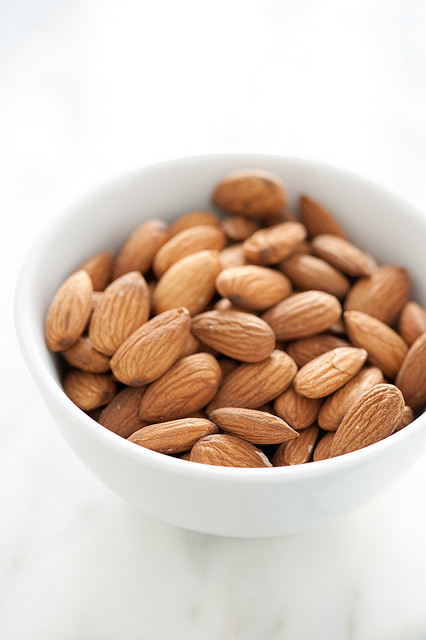
Another 80/20 principal is this: eat til you’re only 80% full. Not overeating is a huge factor in the longevity of indigenous peoples. They tend to stop eating as soon as the feeling of being hungry has subsided. This allows room for digestive juices and the churning action of the stomach to more thoroughly break foods down, enabling easy digestion all the way through the intestines. This practice contributes greatly to vitality because when we have efficient, enzymatic digestion, our bodily energy is free to work to balance and repair all the other bodily systems, instead of having to work so hard on digesting food. So, eat til you’re just 80% full, as healthy natives do, and “plant a seed of hunger for your next meal”.
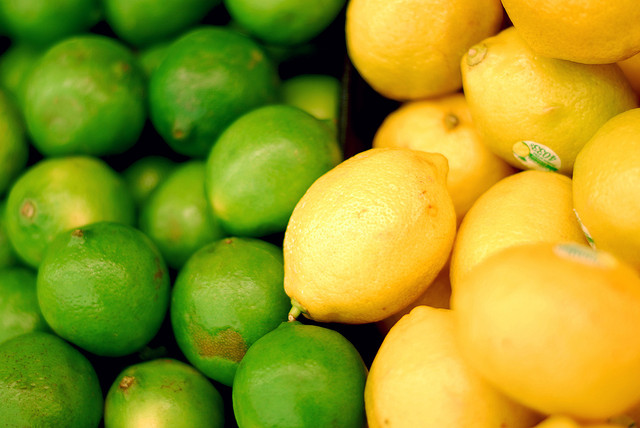
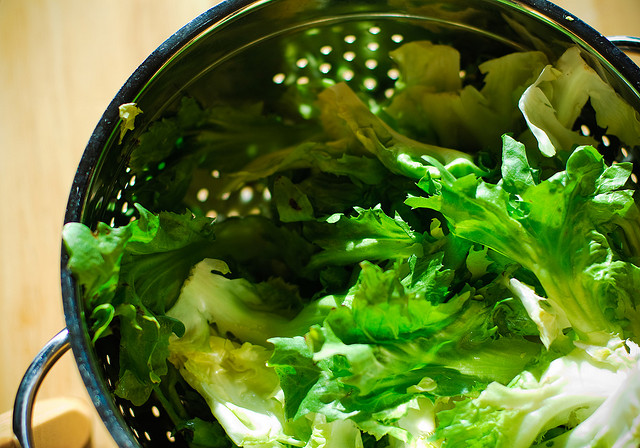
Lastly, while I’m on this digestion note, it’s best to not eat a heavy, fatty meal at dinnertime, and always allow at least 2 hrs after eating before going to bed. This promotes health because our liver and gallbladder generally flush between 11PM - 1AM, so, heavy meals with lots of fat lingering in the stomach at bedtime, block this natural, body-balancing routine. Both ancient philosophies of macrobiotics and Ayurveda suggest eating lightly at dinnertime. Try luscious seasonal salads for dinner with brown rice and avocado on the side, or maybe a light bean soup with lots of seasonal veggies. Bon Appetit, and may your taste buds adjust to the new, healing dance with delight!
Recipes for your enjoyment.

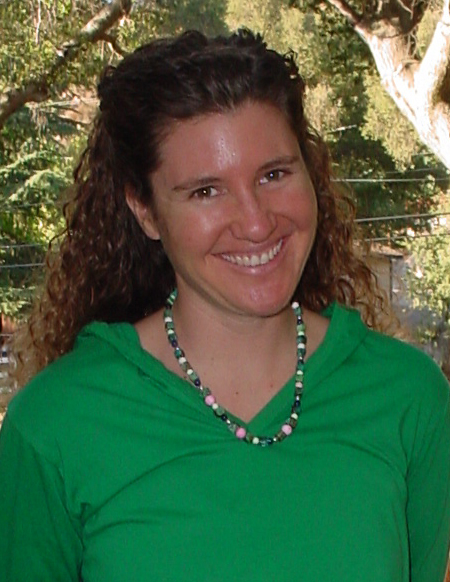 Courtney Coleman loves to show people how to cook with whole foods for health & happiness. She can teach you how to prepare amazingly tasty, whole foods snacks & meals with plenty of proteins, good fats & minerals according to the ancient principles of Macrobiotics & Ayurvedic cooking. Everyone has a unique body type, and Courtney helps people tune in to what foods are best for personal balance of mind, body & spirit. Courtney will come to your home anywhere in SLO County to teach you privately, your group of friends, or kid’s classes!
Courtney Coleman loves to show people how to cook with whole foods for health & happiness. She can teach you how to prepare amazingly tasty, whole foods snacks & meals with plenty of proteins, good fats & minerals according to the ancient principles of Macrobiotics & Ayurvedic cooking. Everyone has a unique body type, and Courtney helps people tune in to what foods are best for personal balance of mind, body & spirit. Courtney will come to your home anywhere in SLO County to teach you privately, your group of friends, or kid’s classes!